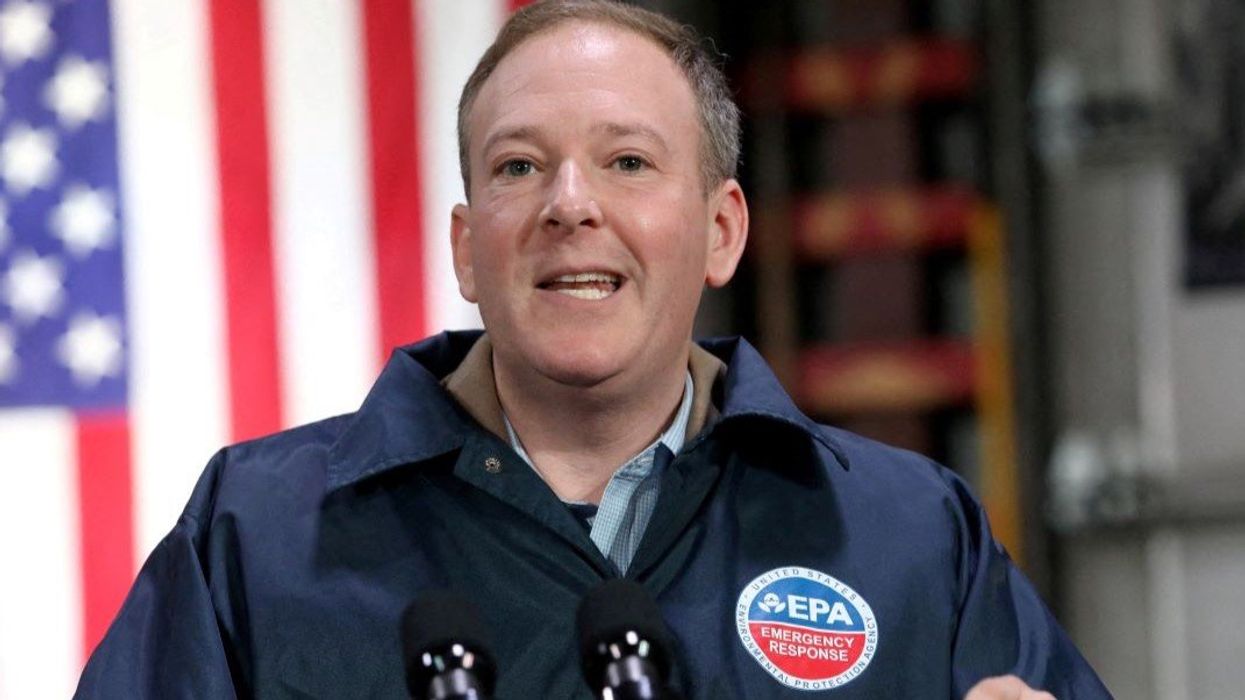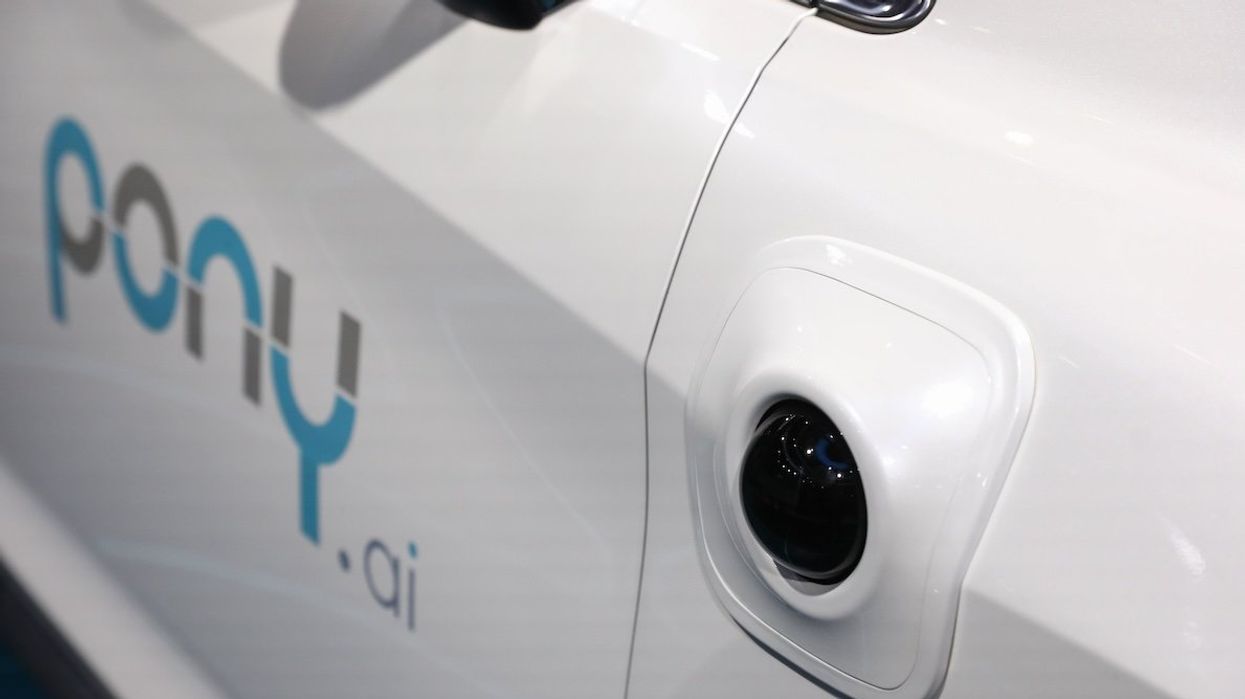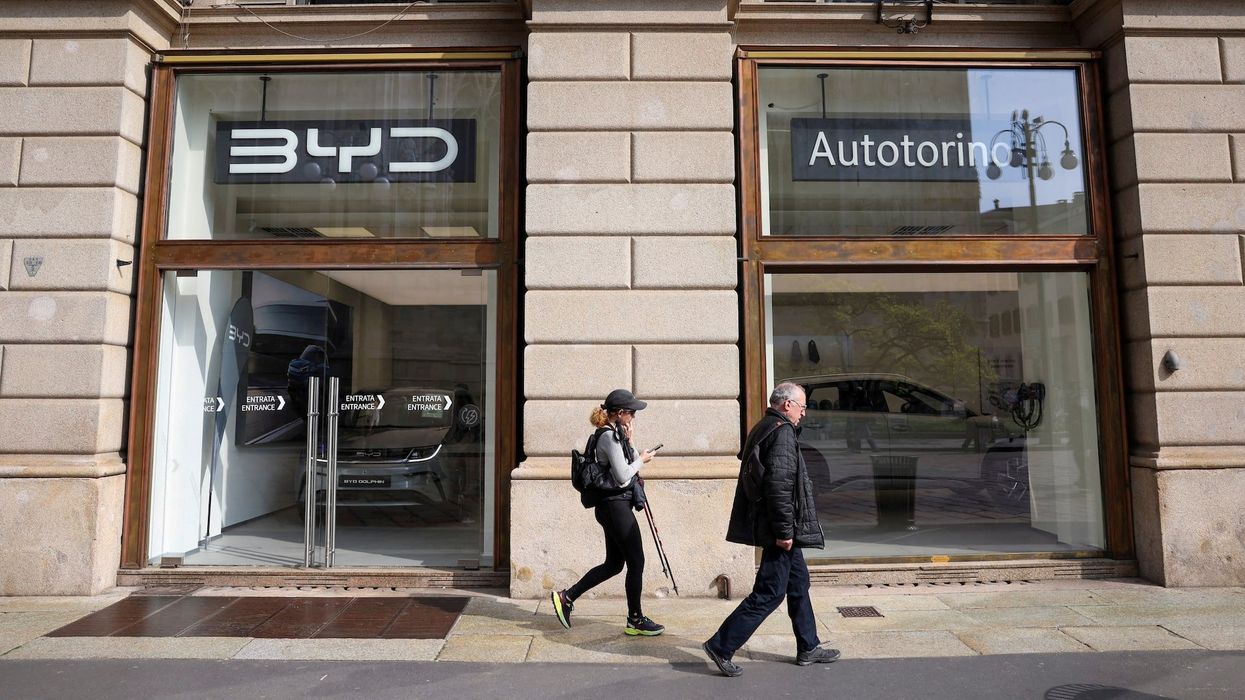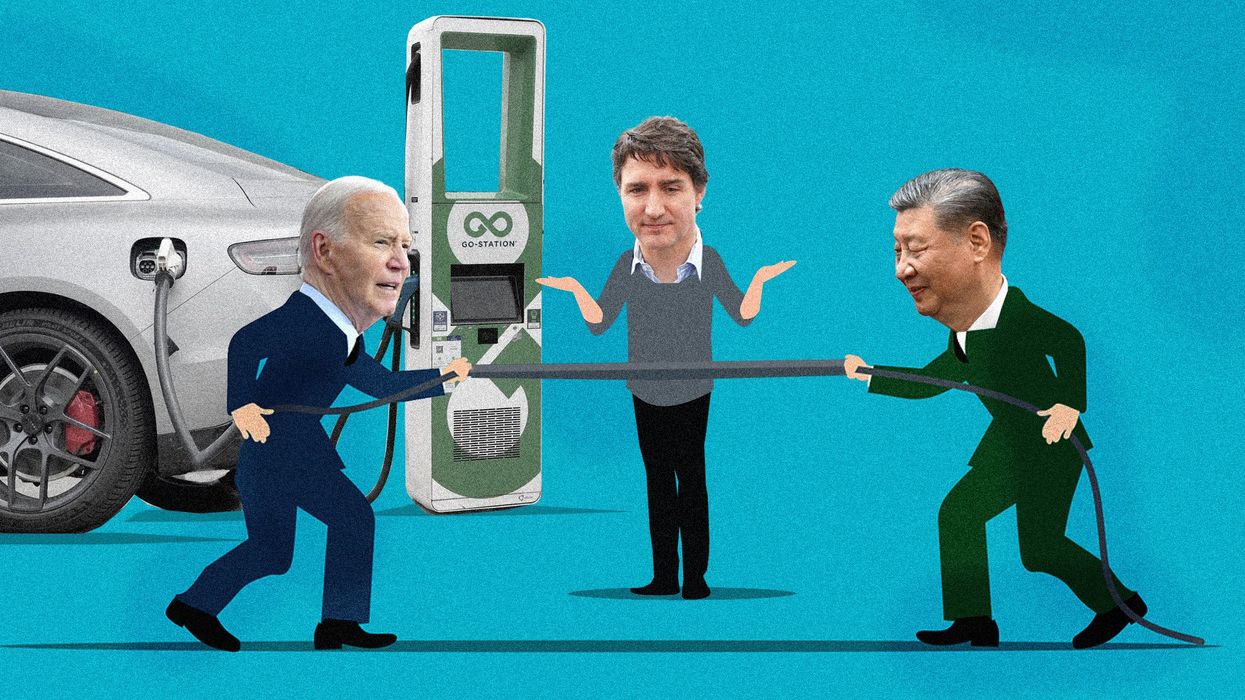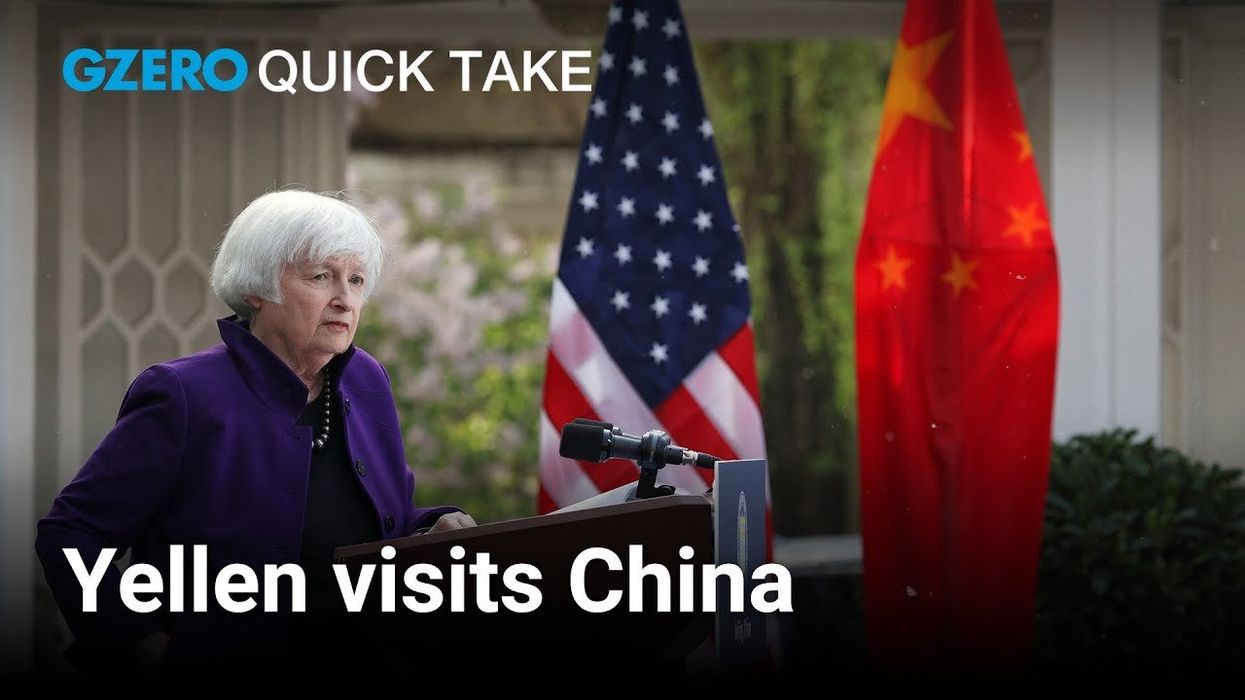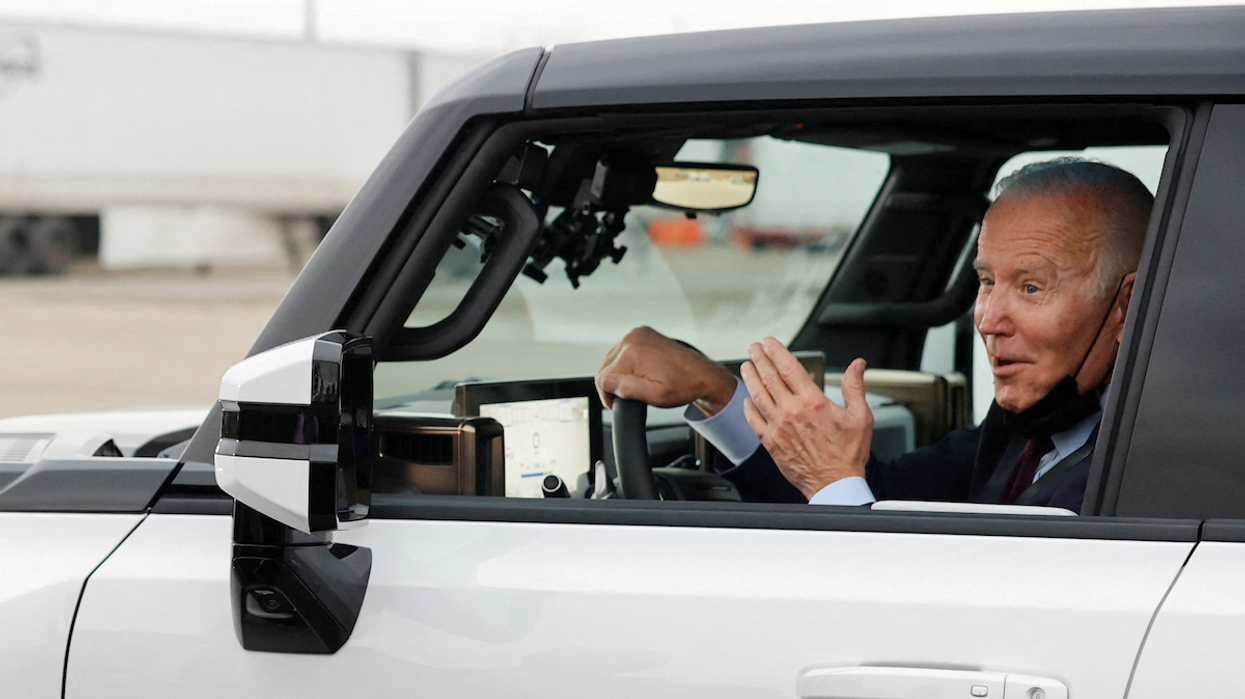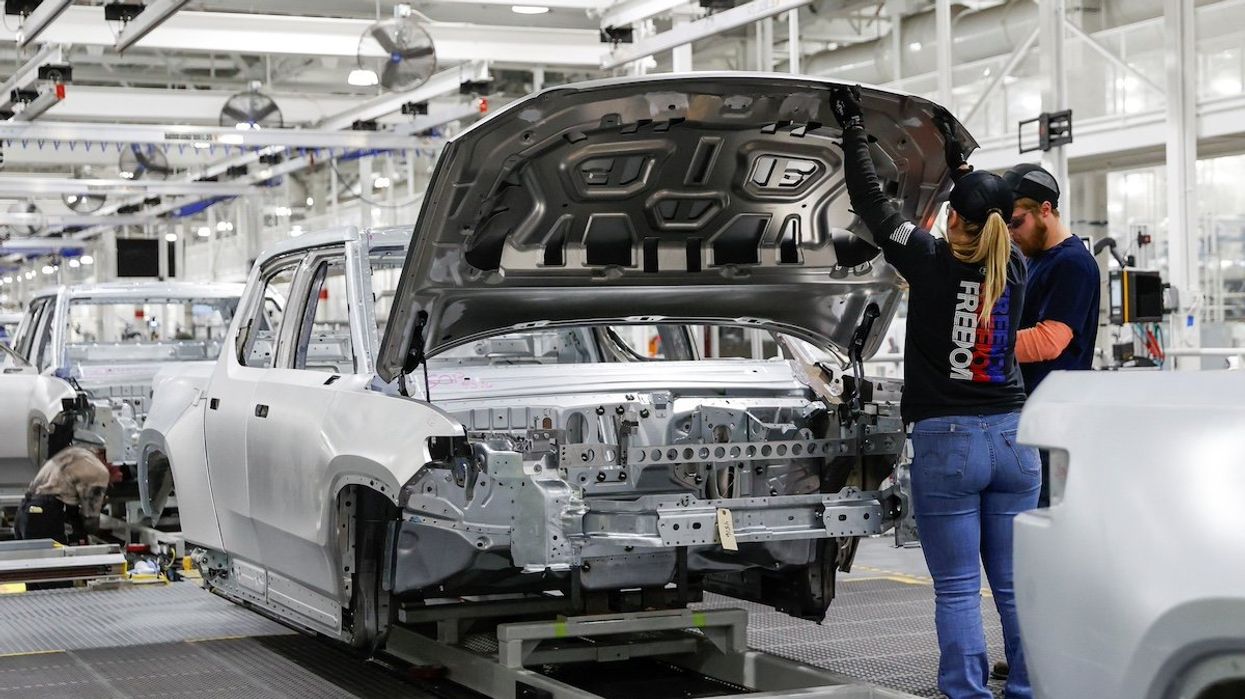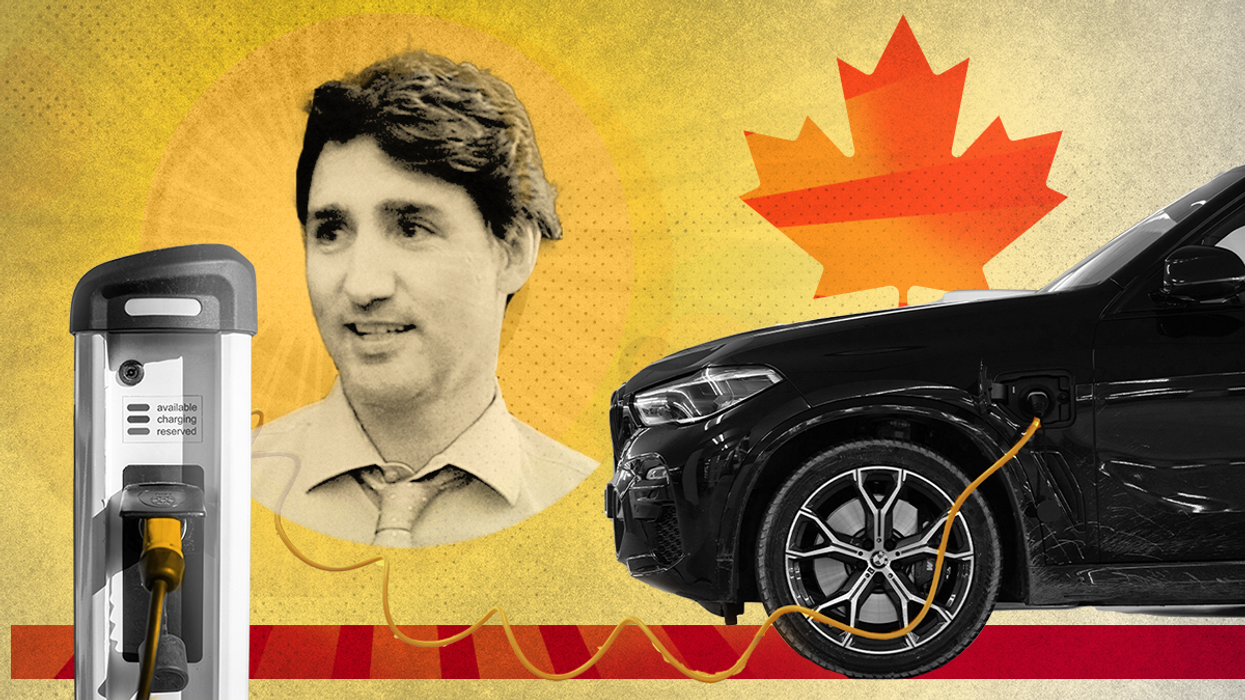News
The EPA’s new mission: business first, environment last
On Wednesday, Environmental Protection Agency chief Lee Zeldin redefined the agency’s mission, stating that its focus is to “lower the cost of buying a car, heating a home, and running a business.”
Mar 13, 2025
